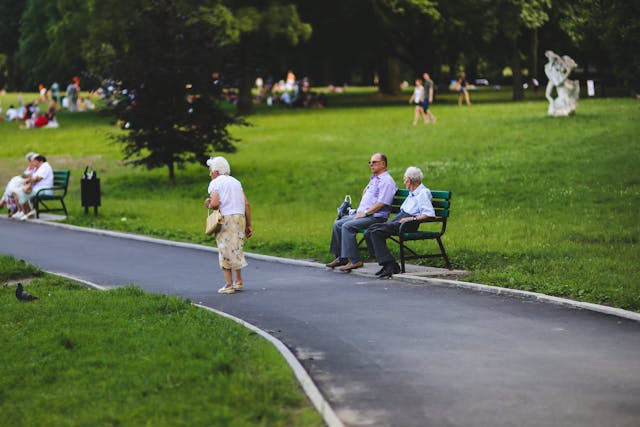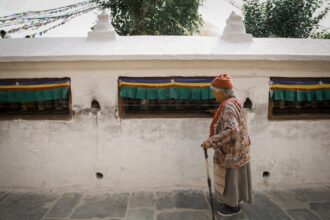A new study has uncovered genetic variants connected to brain activity, immune response, and metabolism that play a role in the development of frailty among older adults. Published in Nature Aging by researchers at Karolinska Institutet, the findings offer fresh biological insight into how frailty arises and why it affects people differently.
Frailty is a condition in which the body gradually loses resilience, leaving individuals more susceptible to infections, falls, and other physical stresses. It is a major risk factor for hospitalisation and premature death, making it crucial to understand why some people develop it earlier than others.
Drawing on genetic data from nearly one million individuals in Finland and the United Kingdom, the research team carried out one of the most extensive genetic analyses of frailty to date. By examining DNA profiles alongside health information, they identified hundreds of genetic markers that increase the likelihood of becoming frail with age.
“Our findings demonstrate that frailty does not stem from a single cause. Instead, it reflects the combined influence of many genes affecting the brain, metabolism, and immune system. Several of these genes are entirely new discoveries,” explains Juulia Jylhävä, associate professor at Karolinska Institutet’s Department of Medical Epidemiology and Biostatistics and senior author of the study.
The study also shows that an individual’s genetic predisposition to frailty can be quantified, creating the possibility of predicting who may be at higher risk of illness or requiring care in later life. This knowledge could transform approaches to prevention and treatment.
“In the future, it may be possible to pinpoint those at risk as early as middle age, when preventive measures can still make a difference. This opens up promising opportunities to protect health and independence in older age,” Jylhävä concludes.
More information: Juulia Jylhävä et al, Large-scale genome-wide analyses with proteomics integration reveal novel loci and biological insights into frailty, Nature Aging. DOI: 10.1038/s43587-025-00925-y
Journal information: Nature Aging Provided by Karolinska Institutet








